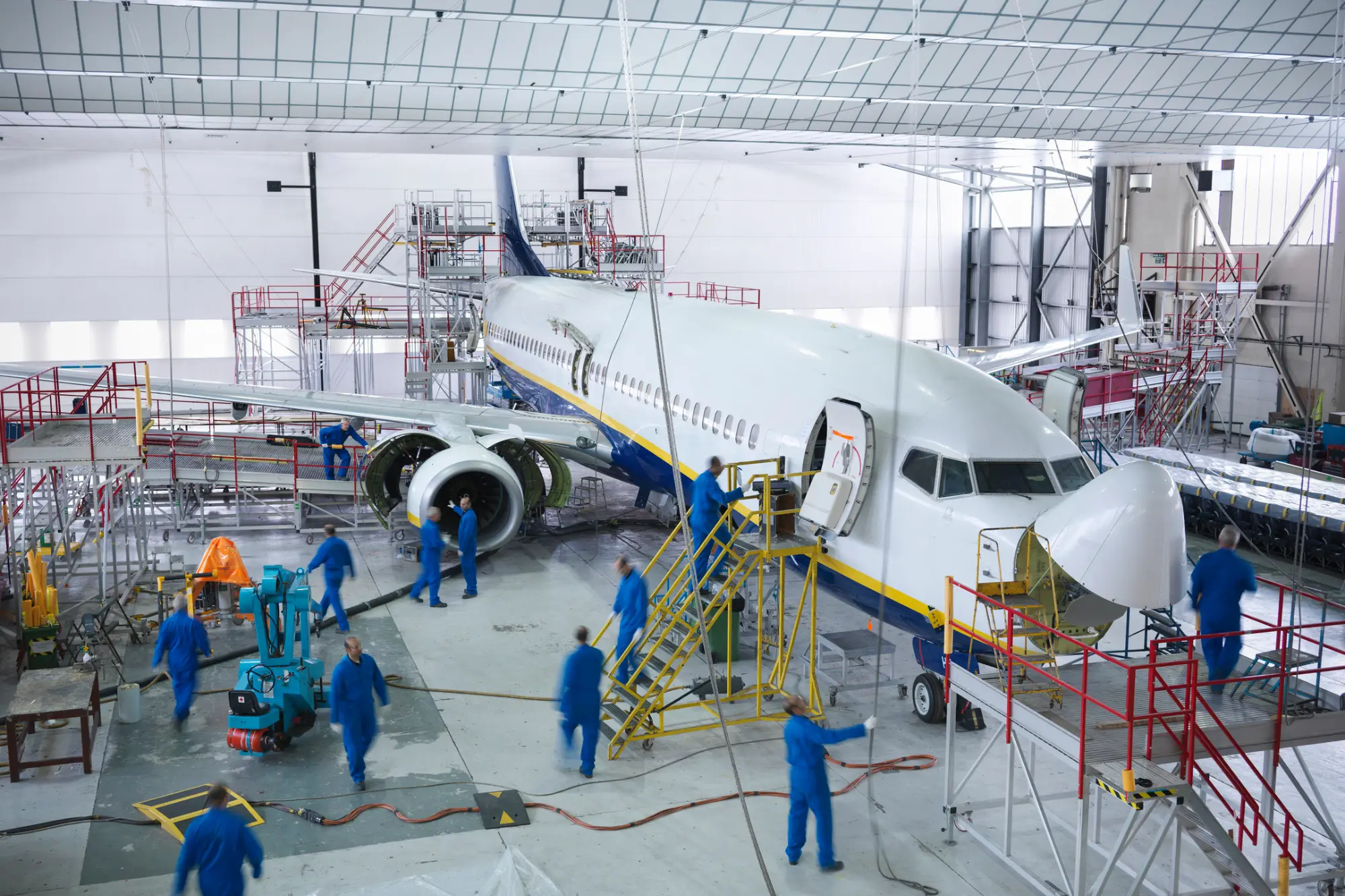By: Cole Morace
Quest Alloys & Metals fully supports the findings of the 2024 Aerospace Supply Chain Resiliency Task Force report, emphasizing the strategic importance of bolstering metal recycling efforts to strengthen the aerospace supply chain. As a committed buyer and recycler of metal scrap, we align with the report’s call for sustainable practices to ensure resource stability. This paper highlights key areas where metal recycling can address vulnerabilities outlined in the report and improve the resilience of the aerospace supply chain.
1. Reducing Dependence on Imported Critical Materials
The Task Force report identifies the U.S. aerospace industry's heavy reliance on imported critical metals such as titanium, cobalt, and rare earth elements, which poses significant risks to supply chain continuity due to geopolitical and economic uncertainties.
Quest Alloys & Metals' Position:
- By expanding metal recycling capabilities, we can reduce reliance on foreign sources and create a more sustainable, self-sufficient supply chain. Reclaiming and reprocessing metals from decommissioned aerospace equipment and manufacturing scrap not only conserves valuable resources but also enhances domestic availability.
- Investing in recycling infrastructure and advanced technology to extract and purify metals helps bridge the gap between supply and demand, ensuring that critical materials remain accessible even during global disruptions.
2. Enhancing Supply Chain Sustainability
Recycling metals play a crucial role in promoting sustainability within the aerospace industry. The extraction and processing of virgin metals are resource-intensive and environmentally taxing, while recycled metals offer a greener alternative with a lower carbon footprint.
Environmental and Economic Benefits:
- Recycling metals significantly reduces greenhouse gas emissions and energy consumption compared to mining and processing new materials. This shift supports the aerospace industry’s goals for reduced environmental impact.
- A robust recycling ecosystem helps lower the cost and lead time for obtaining critical metals, thereby boosting the economic stability of aerospace manufacturers.
3. Addressing Critical Material Shortages
The report highlights potential shortages of critical materials due to regulatory and logistical challenges. Expanding metal recycling can alleviate these shortages by creating a secondary supply stream for aerospace-grade metals.
Quest Alloys & Metals' Strategic Role:
- As a metal recycling center, Quest Alloys & Metals is dedicated to processing high-quality recycled metals suitable for aerospace applications. Our expertise in sourcing and sorting scrap metal ensures a continuous supply of valuable materials, mitigating the risks associated with primary production disruptions.
- Encouraging partnerships between aerospace manufacturers and recycling centers can optimize the collection and reprocessing of valuable metal components, reinforcing the supply chain against fluctuations.
4. Supporting Policy and Legislative Efforts
The Task Force report calls for policy initiatives to support domestic capabilities and enhance the recycling industry's capacity to handle critical materials.
Recommendations for Legislative Action:
- We advocate for legislative incentives that promote metal recycling within the aerospace sector, including tax credits, grants for recycling technology development, and funding for public-private partnerships aimed at expanding the recycling infrastructure.
- Policies that streamline regulations for recycling operations and reduce barriers to material certification can accelerate the integration of recycled metals into aerospace production.
5. Promoting Collaboration for a Stronger Recycling Network
Strengthening the aerospace supply chain requires collaborative efforts among stakeholders, including metal recyclers, manufacturers, and policymakers.
Quest Alloys & Metals' Commitment:
- We are ready to partner with aerospace companies and government agencies to expand recycling programs and develop innovative solutions for processing complex aerospace materials.
- Quest Alloys & Metals supports educational initiatives and workforce training programs aimed at increasing the skills and capabilities of those involved in metal recycling, ensuring a robust pipeline of talent for the sector.
Conclusion
Metal recycling is a vital component in addressing the vulnerabilities outlined in the 2024 Aerospace Supply Chain Resiliency Task Force report. By bolstering recycling practices, we can mitigate dependence on imports, enhance sustainability, and secure a steady supply of critical materials for the aerospace industry. Quest Alloys & Metals stands committed to leading the way in metal recycling, contributing to a stronger, more resilient aerospace supply chain.

